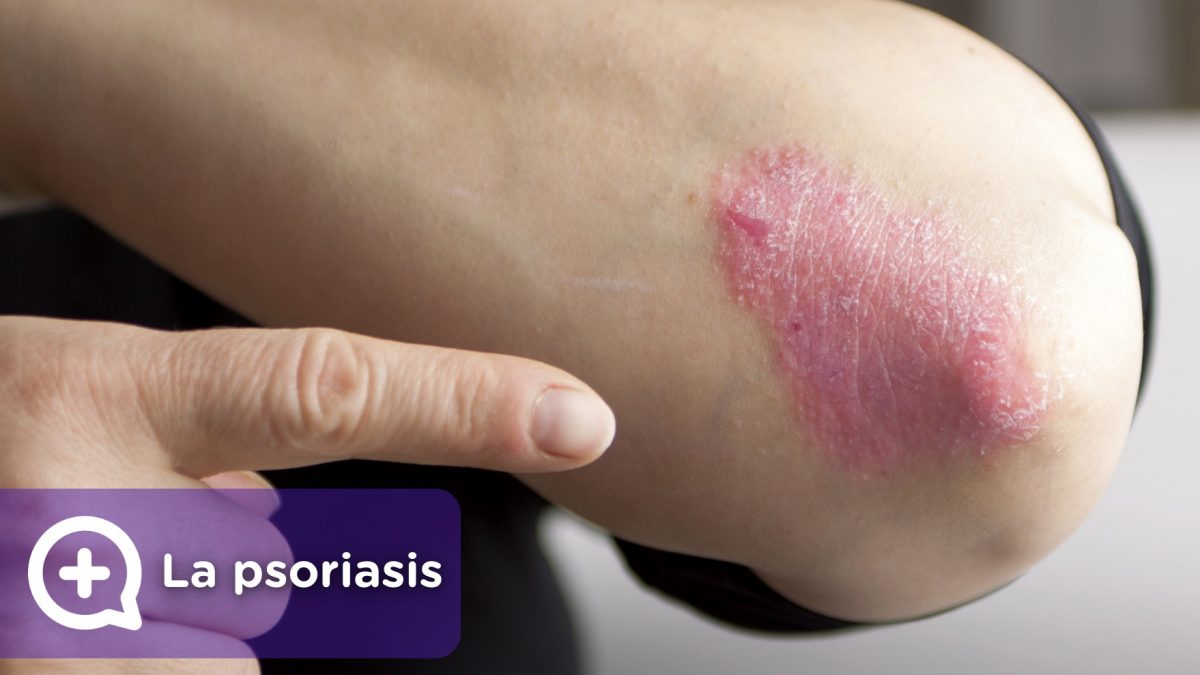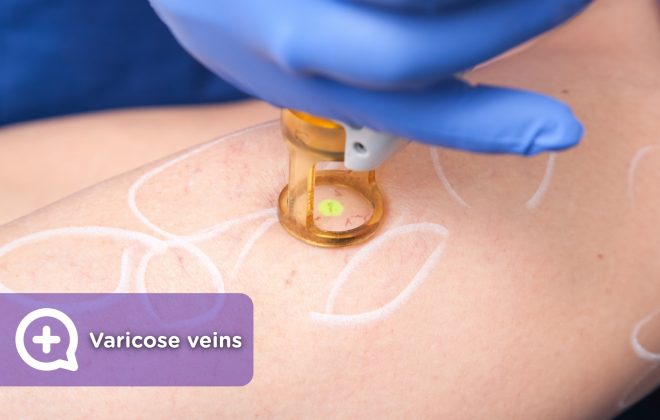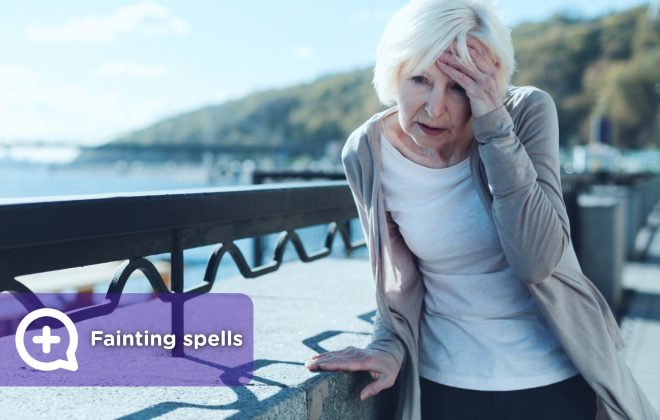Have you been diagnosed with psoriasis? Does this situation affect your mood? Do you worry about your image to the point that you have stopped doing many things that you like? Psoriasis is not a serious disease in most cases, but it is very annoying and even disabling due to its social consequences: nobody likes to have red and peeling skin.Therefore, learning to take care of yourself, put yourself in the hands of an appropriate specialist and, above all, know how to control outbreaks, is essential to avoid it affecting daily life.
What is psoriasis?
Psoriasis is not a disease of the skin, but an autoimmune disease. That is, it comes from a malfunction of the immune system, which attacks the healthy tissues of the body. In this case, it manifests mainly through the skin, and although some people may have other areas affected, such as joints (psoriatic arthritis), it is not the most common.
How does this come to be?
The immune disorder that causes psoriasis causes cells in the lower layers of the skin to reproduce too quickly. Thus, the skin layer thickens in the form of a patch and, as it does not take time for these new cells to mature correctly, it flakes and flares up. Therefore, skin lesions sting and hurt. These patches usually appear on areas such as the elbows, knees, scalp and skin folds, but it can actually arise anywhere.
How do you avoid breakouts?
Psoriasis is not always shown with the same intensity: at times it may not show many symptoms, while at other times it seems to “shoot”. It is what is known as breakouts.
Breakouts do not start because, there is always some cause behind them, although they may go unnoticed. However, knowing them can help us to avoid them. The usual triggers are:
- Tobacco and alcohol: In general, you should avoid any bad habits that affect your health.
- Stress, both physical and emotional: For example, after an illness, an accident, an exercise too intense, exams, a hard time at work … All these situations, and others that affect us emotionally, can trigger the outbreaks. So take life calmly whenever possible.
- Dry, irritated or cracked skin is more prone to outbreaks. Ask your pharmacist for a good emollient for daily care and prevention.
- Skin lesions, such as bumps, cuts or burns, may favor an outbreak in that area.
- Infections, especially strep throat. Be especially careful if you have had previous infections.
The cold is a bad ally against psoriasis. Try to avoid extreme climates, dry and cold environments.
How is it treated?
Psoriasis can be treated in different ways depending on which areas it affects, the degree, the patient’s response to medications, etc. In general, it can be treated with:
- Natural treatments to relieve symptoms, such as baths or treatments with salts, oils or oats.
- Lotions for the prevention and relief of symptoms.
- Special shampoos for psoriasis of the scalp.
- Topical prescription medications, such as corticosteroid creams or other active ingredients.
- Prescription medications in pills or injections, such as methotrexate, cyclosporine, or retinoids.
- Phototherapy. Sunlight in moderation is usually beneficial. You can also perform treatments with artificial ultraviolet light.
If the prevention and care of the skin with specific products is not enough to keep your psoriasis at bay, consult your doctor to assess treatment options. Of course, avoid scratching.
*Content validated by the mediQuo medical team.



